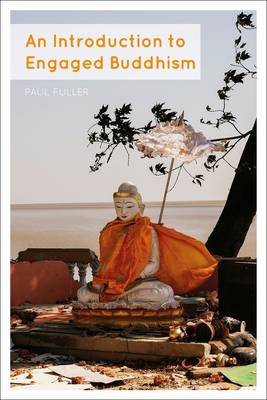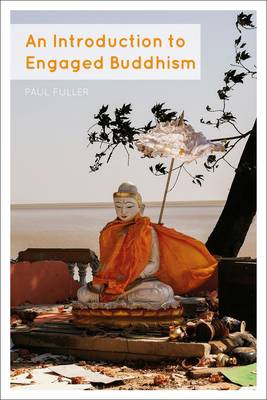
- Retrait gratuit dans votre magasin Club
- 7.000.000 titres dans notre catalogue
- Payer en toute sécurité
- Toujours un magasin près de chez vous
- Retrait gratuit dans votre magasin Club
- 7.000.0000 titres dans notre catalogue
- Payer en toute sécurité
- Toujours un magasin près de chez vous
Description
This textbook introduces and explores the ideas, practices and philosophy of engaged Buddhism. The movement holds that suffering is not just caused by the cravings of the mind, but also by political and social factors; therefore, engaged Buddhists 'engage' with social issues to achieve liberation.
Paul Fuller outlines the movement's origins and principles. He then offers a comprehensive analysis of the central themes and issues of engaged Buddhism, offering new insights into the formation of modern Buddhism. The range of issues covered includes politics, gender, environmentalism, identity, blasphemy and violence. These are illustrated by case studies and examples from a range of locations where Buddhism is practised. Discussion points and suggested further reading are provided at the end of each chapter, which will further enrich undergraduates' grasp of the topic.Spécifications
Parties prenantes
- Auteur(s) :
- Editeur:
Contenu
- Nombre de pages :
- 240
- Langue:
- Anglais
Caractéristiques
- EAN:
- 9781350129061
- Date de parution :
- 09-09-21
- Format:
- Livre broché
- Format numérique:
- Trade paperback (VS)
- Dimensions :
- 156 mm x 234 mm
- Poids :
- 385 g

Les avis
Nous publions uniquement les avis qui respectent les conditions requises. Consultez nos conditions pour les avis.






